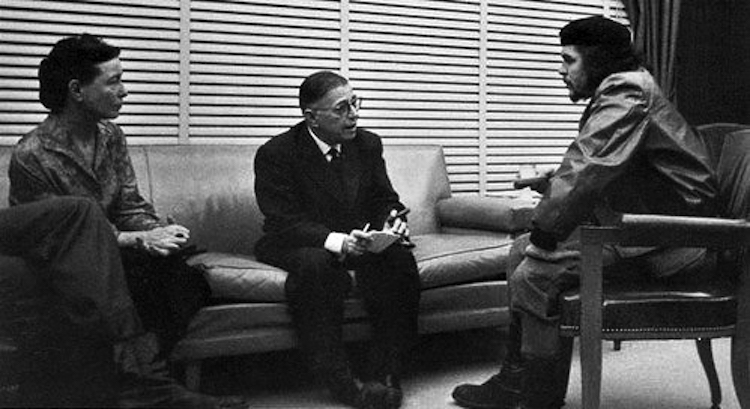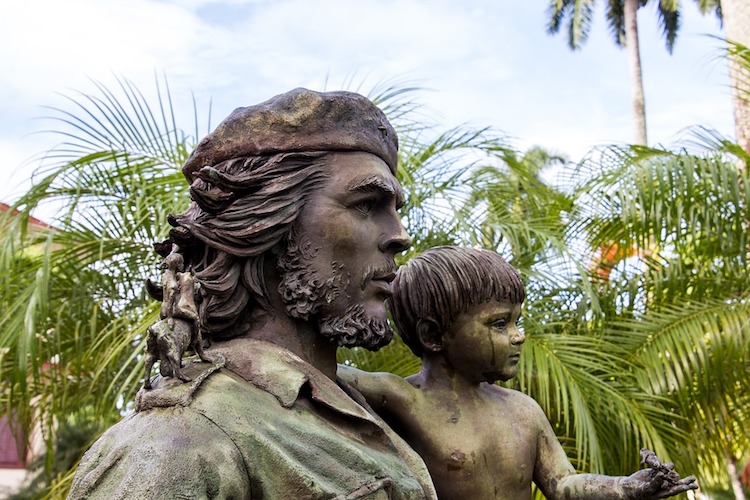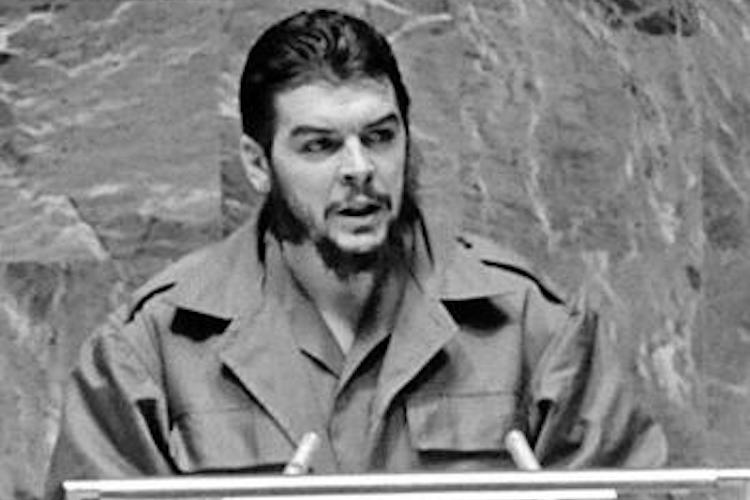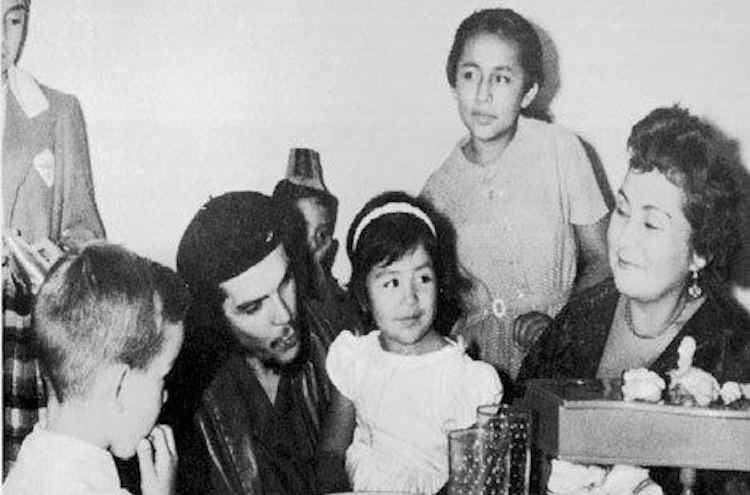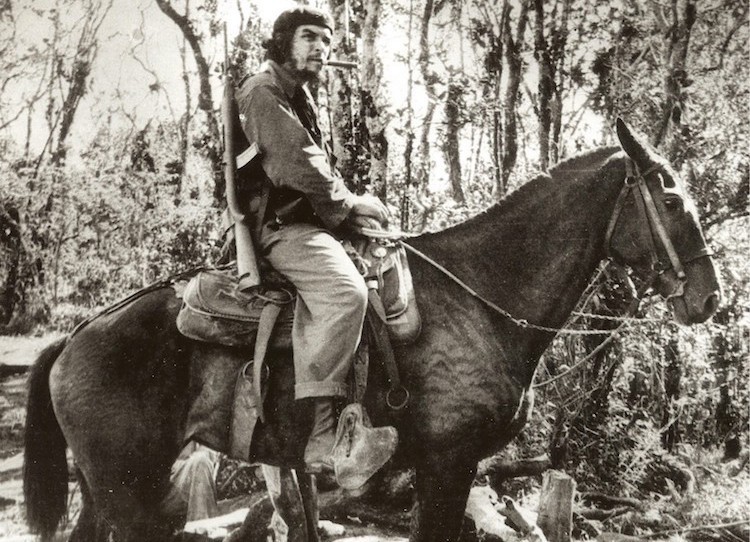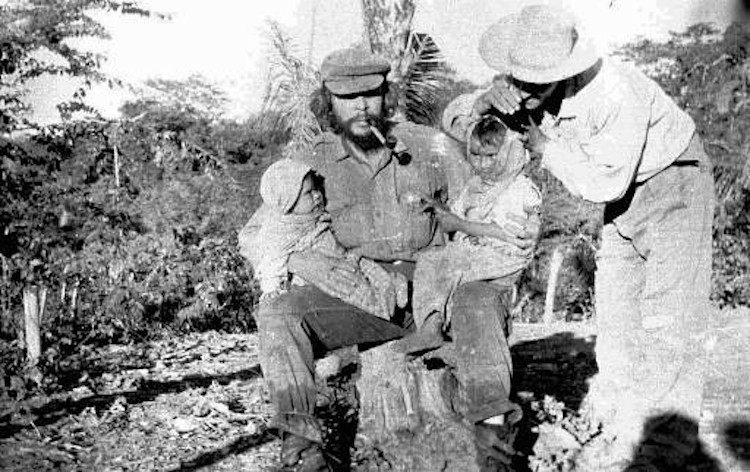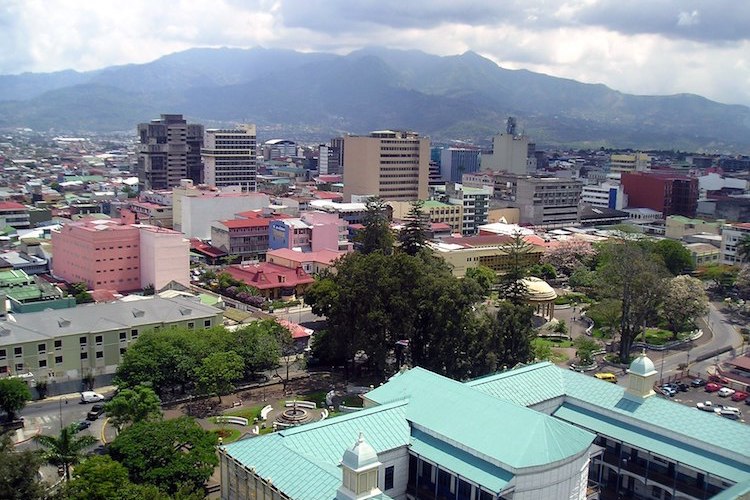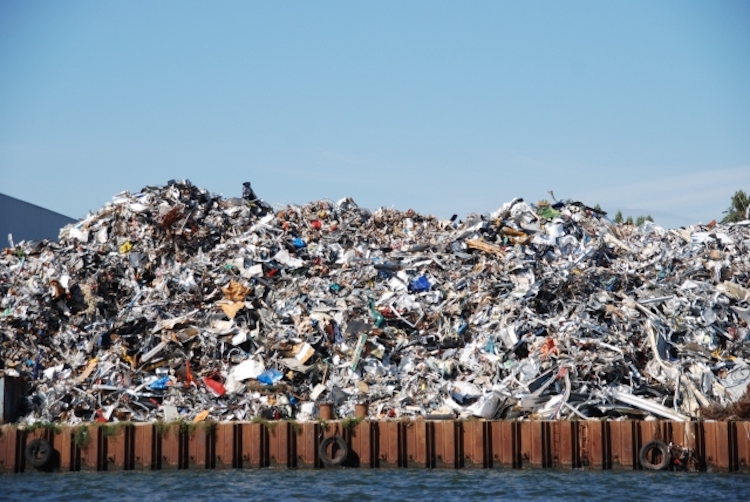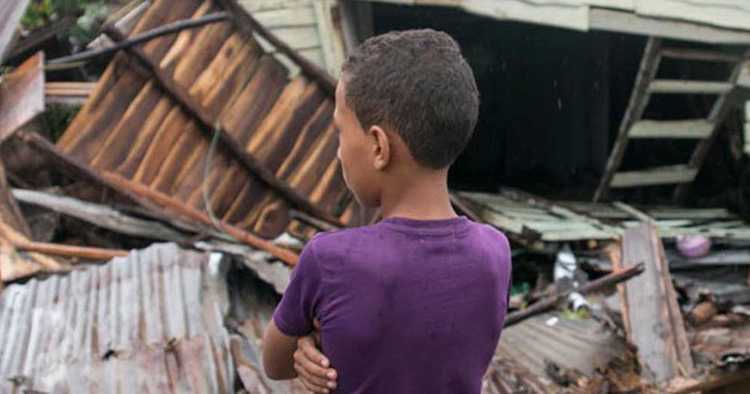By Roberto Massari* This is the seventh of a nine-part series. Read Parts 1, 2, 3, 4, 5 and 6. BOLSENA, Italy (IDN) – HERESY STORY: Scene 7 [from Moscow to Havana, 1963-65] The starting scene for describing this intellectual revival of Guevara’s Marxism is set in Moscow and he described it himself in one […]
Guevara and Marx: Critical Remake of an Old Film – 6
By Roberto Massari* This is the sixth of a nine-part series. Read Parts 1, 2, 3, 4 and 5. BOLSENA, Italy (IDN) – With regard to the “Marxism” of Marx there is not much more, because the rest of the article launches itself into a very imaginative analysis of the progress of the Cuban revolution […]
Guevara and Marx: Critical Remake of an Old Film – 5
By Roberto Massari* This is the fifth of a nine-part series. Read Parts 1, 2, 3 and 4. BOLSENA, Italy (IDN) – Second half: ORTHODOXY STORY: Scene 6 [from Havana to Moscow, 1959-63] As is well known, the revolutionary government assigned commander Guevara with tasks of great importance, but all within the economic sphere as […]
Guevara and Marx: Critical Remake of an Old Film – 4
By Roberto Massari* This is the fourth of a nine-part series. Read Parts 1, 2 and 3. BOLSENA, Italy (IDN) – Everything that happened between Guatemala and Mexico is now a known story, recounted in the main biographies; but in the late 1960s Hilda was the only direct and reliable source of Che’s Marxist training, […]
Guevara and Marx: Critical Remake of an Old Film – 3
By Roberto Massari* This is the third of a nine-part series. Read Parts 1 and 2. BOLSENA, Italy (IDN) – FLASHBACK: Scene 3 [Lima, 1952] To answer, it is necessary to step back in time to the first encounter with Marxism that the young Ernesto had personally experienced in Lima, Peru, during a period of […]
Guevara and Marx: Critical Remake of an Old Film – 2
By Roberto Massari* This is the second of a nine-part series. Click here for Part 1. BOLSENA, Italy (IDN) – Scene 2 [Dar es Salaam, 1965] Holed up in the house of the Cuban ambassador in Tanzania (Pablo Rivalta, 1925-2005), recovering from the defeat of the military expedition in Congo (“la historia de un fracaso”, […]
Guevara and Marx: Critical Remake of an Old Film – 1
By Roberto Massari* This is the first of a nine-part series. BOLSENA, Italy (IDN) – In June 2018, I was invited to make a presentation on the relationship between Che Guevara and Karl Marx at the International Conference on Karl Marx: Life, Ideas, Influence. A Critical Examination on the Bicentenary, organised by the Asian Development […]
Costa Rica Advised To Make Growth More Inclusive
By Robert Johnson PARIS (IDN) – Costa Rica, renowned for its ecological footprint, forest protection and abundant biodiversity, has made impressive economic and social progress in recent years, with robust economic growth facilitating near-universal access to education, health care and pensions. But the Central American country is faced with a fundamental challenge: its fiscal imbalance, […]
UNIDO Helps Prevent E-Waste Eiffel Towers in Latin America
By Jaya Ramachandran VIENNA | QUITO (IDN) – Waste electrical and electronic equipment (WEEE), comprising old computers, televisions, fridges, mobile phones, and other appliances, also known as e-waste, is expected to reach 52.2 million metric tons by 2021. It is equivalent to the weight of more than 29 million passenger cars, and would suffice to […]
Caribbean Faith Leaders Call for Debt Relief and More
By J C Suresh TORONTO (IDN) – Ahead of the next hurricane season in the Caribbean, faith leaders are calling for action from government leaders, the United Nations system, the International Monetary Fund (IMF) and regional development institutions. A statement signed and endorsed by 22 religious leaders from Grenada to Saint Lucia is urging the […]

